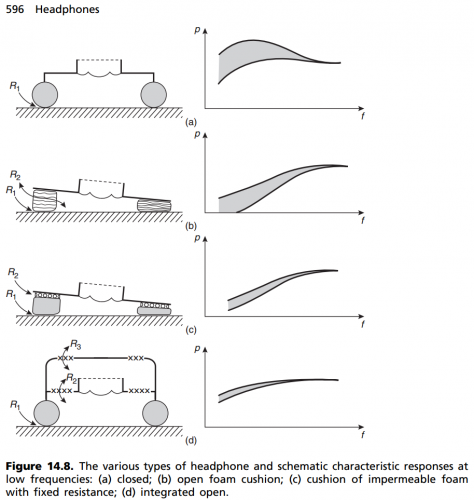I find this definition for psychoacoustics is the most accurate - the study of the perception of sound - I reckon it focusses on the brain processing aspects rather than the mechanical mechanisms of the ear but there are always grey areas when definitions are used to circumscribe anything.
I've always taken the term to describe psychological factors such as placebo and expectation bias. Which I think really get in the way of objective evaluation.















![20170926_002750[1].jpg](https://cdn.head-fi.org/a/10005832_thumb.jpg)











